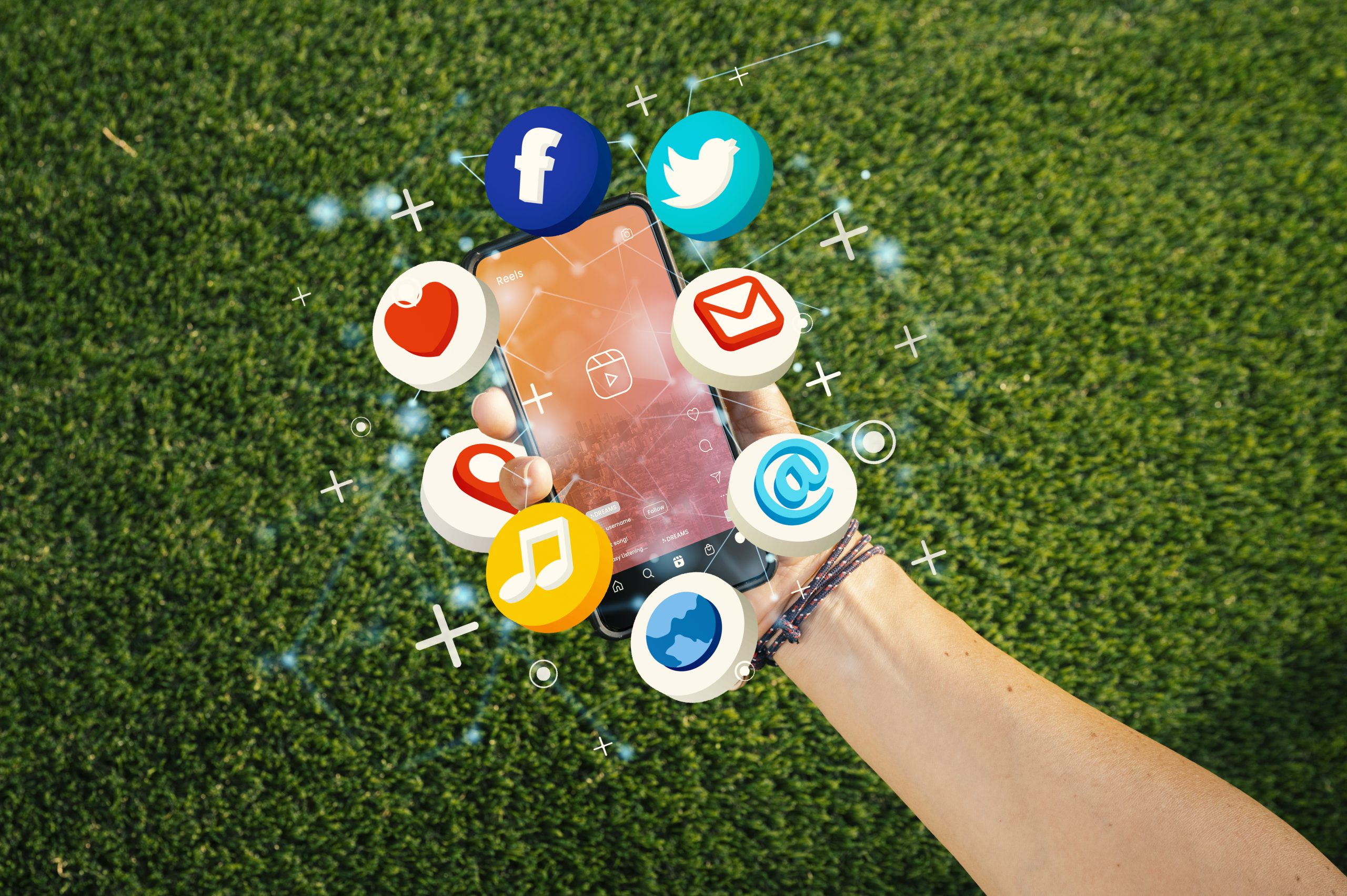
There is increased social media usage for brands and individuals, each using them for different purposes. According to Kepios, there are approximately 4.8 billion social media users across all social media platforms. Due to social media holding a lot of value and having the ability to act as a passage to access other information, cybercriminals are targeting them to get different data and harm users. It requires social media security at the earliest.
Many individuals use the platforms to share photos, videos, and short messages with their fellow friends, and it provides entertainment to them using short funny clips. Users also spend hours on social media every day doing different activities. For business, they use it to engage with customers to help them get more conversions to increase their profits. The guide will follow several tips that one can follow to protect their social media accounts from social media hackers.
How Hackers Attack Your Social Media Accounts
There are techniques that cybercriminals deploy to hack your social media accounts. They include:
- Phishing – It involves sending malicious links and emails, which upon clicking get access to your social media accounts. They can also use them to spread viruses and Trojans that expose your details to them. To avoid all this, avoid clicking unsuspicious links to protect yourself from hackers.
- Using public WIFI – Most, public WIFI lacks enough encryption and others do not even have a password making the hackers infiltrate the network and get your accounts hacked. Avoid using public WIFI; if you have to; ensure you connect to the network using a strong VPN.
- Using brute force attacks – It is when hackers use different tools to try to guess your passwords, which they can finally get after several attempts. To avoid all this, try using a strong password; each social media account should have its own password.
- Using ad frauds. – Hackers create websites and social media pages for real brands like Nike and Adidas and start advertising their products on different platforms. When you click on add to get the product. They get your personal details, which they use to get what they want. Be keen when clicking on social media ads especially shopping ones.
- Attacking sites without SSL certificates. – Cybercriminals hack sites that do lack SSL; they use such sites to spread viruses and malware. To do so, you need to get an SSL certificate if you own several websites to increase user security. Therefore, you can purchase different types of SSL certificates such as Domain SSL Certificates, Wildcard SSL Certificates, and Multi-Domain SSL Certificates then you can install one of them for website security.
- Third-party apps. Hackers create applications where the only mode of registration is social media accounts. When you join with your accounts, they get your details and start to hack it. Ensure the apps you use when authenticating with your social media are safe and genuine.
7 Best Practices to Implement to Protect Social Media Accounts from Hackers
You can put several practices in place to protect your social media accounts. They are straightforward, and they include the following:
1. Two-factor authentication
Two-Factor authentication is when the user must provide two pieces of evidence to access their accounts. It involves using the regular password, and afterward, you get an OTP sent to your email, phone number, or fingerprint to gain access. The mechanism provides extra security and prevents cybercriminals from accessing your account.
Most users have embraced it, and some social media platforms recently forced their users to opt into this authentication. With proper setup done, even if the hacker has your password, they will not be able to access your accounts due lack of the second security feature.
2. Using an antivirus
Consider buying and installing an antivirus on your device. We have free and paid options where you can select the one that meets your budget. Premium versions have extensive features that offer more protection than the free ones. It will provide more security to internet service providers (ISP).
A virus scan detects all malicious codes and links hackers send, destroying them and providing more protection. It also gives you a chance to perform scanning of your device at any time to prevent any hidden virus that may harm you. When selecting the type of antivirus for your device, ensure you do enough research.
3. Be considerate of the content you consume
When hackers understand the content you like, especially the one that excites you, i.e., hookups, get-rich schemes, romantic videos, etc. They will use that to generate malicious and phishing links they will send to you. If you suspect malicious links, avoid clicking on them to prevent them from being hacked. They even compose emails to convince you how you can get rich in 24 hours and get a partner nearby and once you click on it, you are hacked.
4. Use strong passwords
It is one of the best methods to secure your social media accounts. It involves using a strong password that gives social media hackers a hard time finding any vulnerabilities. When creating passwords, ensure they consist of more than ten characters, have special characters, i.e., commas, consist of numbers, and start with a capital letter.
Avoid using common passwords like full names, date of birth, name of your school, weak patterns, etc. It provides easier access for hackers to find vulnerabilities and hack your accounts.
With the help of network and security assessment services, you can identify the strength of your passwords and make necessary improvements. You can also use password generators to generate strong and unique passwords for each of your social media accounts.
5. Get notifications from your account
Enable the settings to get notifications when several activities happen in your accounts. There will be a prompt asking to confirm whether it is you if someone else tries to login into your accounts from a new device or location.
You can deny it if it is not you; the hacker will not have access. It protects your social media improving your privacy and preventing them from accessing your accounts and comprising you. It is a good measure to implement.
6. Use a secure network
Ensure the network you use for social media purposes is private and safe. Using a public network exposes you to cyber criminals who may hack your account. Most of them create public WIFI that lets people connect for free, and they get the social media details of those who were connected.
They later access your sensitive information and even use you to spread malware, virus, and ransomware. Be sensitive to the type of networks you connect it. If necessary, remember to use a VPN.
7. Review all your social media account permissions
We have third-party applications that allow users to create accounts on their platforms using social media logins. It will expose all your details to the company; you may be hacked if you are not keen. If the websites or applications face a data breach, your social media logins will be among the data stolen.
Always review your authorized applications and ensure they are safe and you are the one who permitted them. If you find an app, you did not provide permission, stop the access immediately and change the password. If you provided access to your social media account to use an app and no longer need it, remove the access to keep yourself safe.
You also need to read the permissions that an application wants when signing up using your social media. If it requires minimum permissions like reading and posting, that is okay. However, if it requires almost all permissions, it is better to deny it access.
Conclusion
Social media has become very vital to everyone. Strong brands work daily to create social media content to amass more followers, which they will later try to convert into customers.
Raghav is a talented content writer with a passion to create informative and interesting articles. With a degree in English Literature, Raghav possesses an inquisitive mind and a thirst for learning. Raghav is a fact enthusiast who loves to unearth fascinating facts from a wide range of subjects. He firmly believes that learning is a lifelong journey and he is constantly seeking opportunities to increase his knowledge and discover new facts. So make sure to check out Raghav’s work for a wonderful reading.




